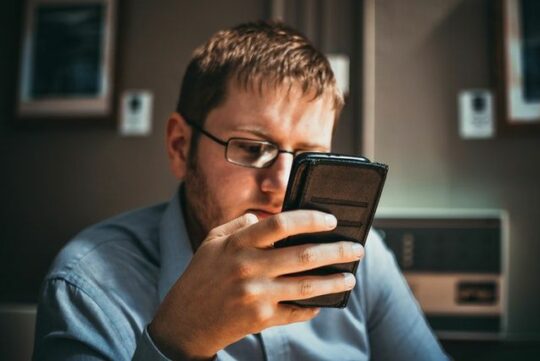What is gambling?
Traditionally, gambling is an activity where someone risks money or belongings. There is an element of randomness or chance involved and the purpose is to win.
The traditional methods that usually come to mind are:
- Gaming: including card games, fruit machines, video-draw poker machines, slot machines, two-up and casino games such as baccarat and roulette.
- Betting: including horse and greyhound races, football accumulators, other sporting events and elections.
- Lotteries: including lotteries, instant scratch cards, raffles and bingo.
- Speculation: gambling on business, insurance or stock markets.
Technology makes it easier to gamble.
Access to gambling sites has never been easier, with hundreds of gambling games and betting apps that can be downloaded onto your smartphones, tablets or laptops. These make gambling accessible anywhere and 24/7 day a week.

Gambling prevalence in the UK
Over half the population in the UK takes part in some form of gambling activity. Based on 2018 data and depending on which part of the country you live in, Public Health England estimates that about 1 in a 100 people in the UK can be considered as a problem gambler, and that a further 4 in a 100 people are classified as at-risk gamblers, meaning they may experience some level of negative consequences due to their gambling.
Public Health England estimates that more than 400 suicides per year may be associated with gambling harms. Family, friends and work colleagues can be affected by gambling too.
Is your gambling harmful?
Do you suspect that gambling is affecting your life? You can assess yourself using the Problem Gambling Severity Index (PGSI). The PGSI is a reliable and standardised measure of at-risk behaviour in gambling. It is based on research on the common signs and consequences of gambling.
Take our questionnaire and find out what your scores mean for you:
If you find you have difficulties with gambling:
It can be difficult facing your difficulties, but the good news is that help and support are available. A free and confidential, specialist NHS treatment service is available through the West Midlands Gambling Harms Clinic.
If you would like to discuss your options, or you are not sure whether the Gambling Harms Clinic is the best way forward for you, contact your GP or another trusted professional who can help you find the right support.
You can find details for other forms of help and advice on gambling on the NHS website.
-
“I’ve had the stigma of ‘you’ve been gambling… how much have you lost?’ It was never about me personally and how much it affected me – until I came to the clinic. The staff treated me as an individual – it was not about money and that helped me to heal.”
- Client at West Midlands Gambling Harms Clinic
View our other self-help resources
-
Understanding your gambling
This develops your understanding of how and why you gamble and the impact it has on you and the people close to you.
-
Taking control of your gambling
This helps you to manage high-risk situations and stabilise your gambling, here and now.
-
Staying motivated
Giving up or cutting down on gambling isn’t easy. This section is about giving you the motivation to keep going and learn from setbacks or lapses.
-
Tools for change
Tools for change is about managing your internal triggers (urges), cognitions, and difficult emotional states. This will help you develop ways of managing your gambling over the long term.
-
Relapse prevention
Finally, this section offers ideas for relapse prevention and developing new connections and new lifestyles that are meaningful to you and don’t involve gambling.